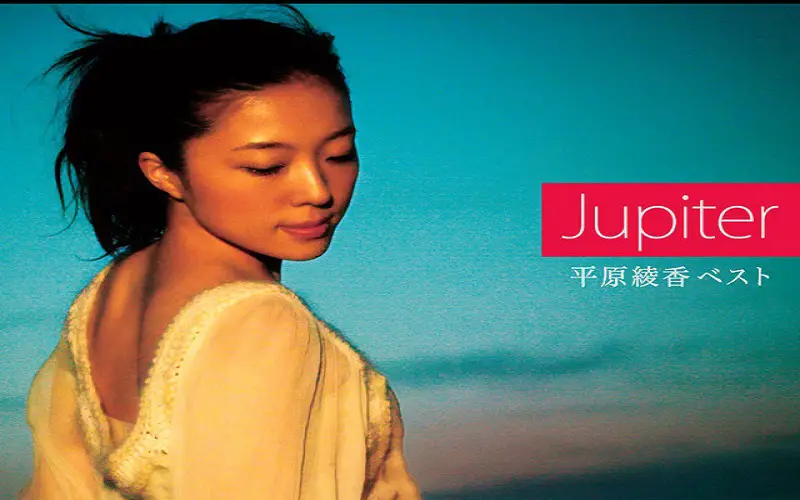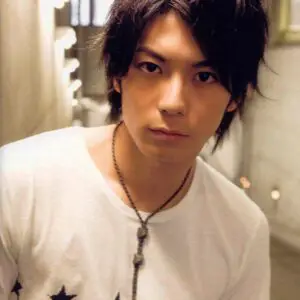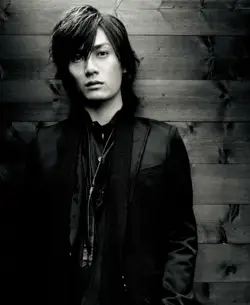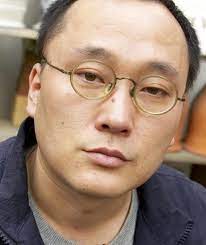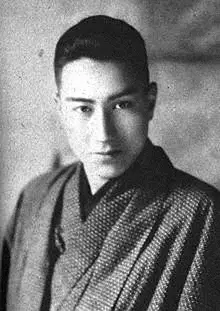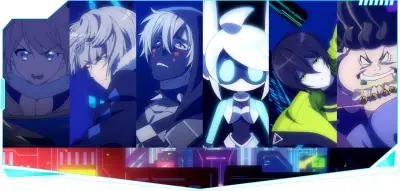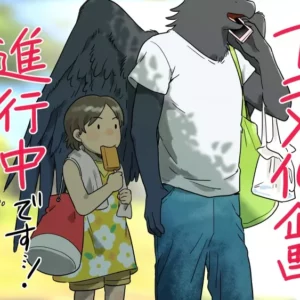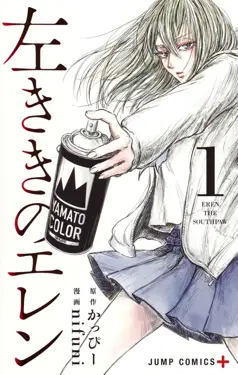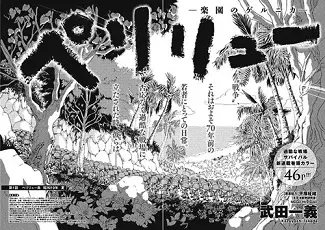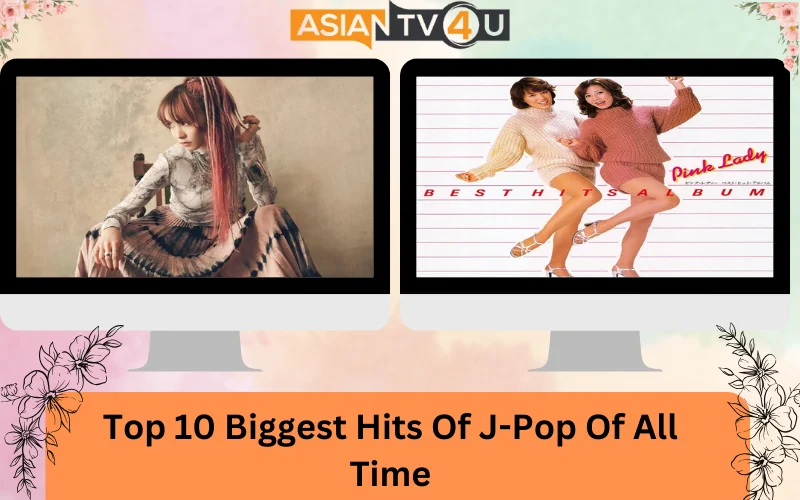
The origin of J-pop can be traced back to the 1990s. It is said that the English rock band The Beatles played a huge role in the evolution of J-pop. Early Japanese rock bands such as Happy End fused their style with their English rock music, creating the genre now known as J-pop. This paved the way for the rise of other Japanese music genre, such as J-country, J-euro, and J-rap. The rising popularity of this segment of Japanese music yielded many talented singers such as Hikaru Utada, Ayumi Hamasaki, Misia, Mai Kuraki, and Ringo Shiina. The top five best-selling artists in the Japanese Oricon charts history are to this date jpop singers and bands who enjoy massive fame, especially from other Asian countries. Contemporary J-pop artists like B'z, Mr. Children, Ayumi Hamasaki, Southern All Stars, and DREAMS COME TRUE continue dominating international and domestic charts. Let’s look at the top 10 J-pop hits of all time.
1. Lemon By Kenshi Yonezu
Lemon became popularized because of the series Unnatural, which it featured as the ending theme. The singer Keshi Yonezu, utilizes the imagery and the qualities of a lemon to pen the song’s lyrics. Originally titled Momento, Kenshi didn’t want the track to sound gloomy, and a simple ballad didn’t sit well with the intended aesthetic of the song. Untimely, “Lemon” emerged as a hybrid of sorts, seamlessly melding melancholy feelings and powerful lyrics with an upbeat cadence.
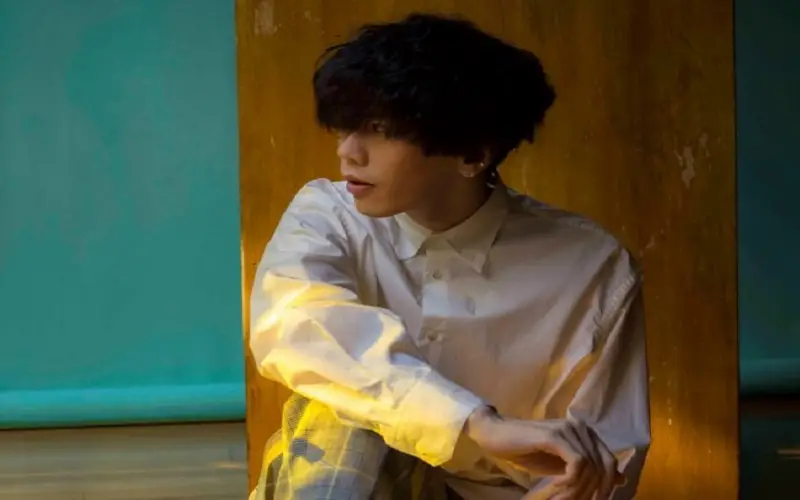
2. Nigatsu No Heitai By The Cabs
The Cabs was a Japanese indie rock band that stayed on the J-pop scene till 2013. Their renowned track Nigatsu no Heitai dives into heavily loaded topics such as escapism, anguish, and desperation. The lyrics vividly visualize a noisy and confusing relationship, in which one feels trapped, as characterized by the harsh words used in the song. The song explores the desire for freedom and the search for comfort in an unforgiving, grating world. The band wonderfully encapsulated the opposing feelings of entrapment and liberation, and many listeners, those who wanted some direction and serenity in their lives, found solace in this music number.

3. Koi By Gen Hoshino
This 2016 song was a commercial success. Koi debuted on the Oricon singles chart, entering as #2. It gained another #2 spot on the Billboard Japan Hot 100 and finally peaked on the Japan Hot 100 chart. Thus far, the track has stayed on the streaming chart for 136 weeks, with 11 of them being consecutive. At the 31st Japanese Gold Disc Award, “Koi” won Song of the Year by Download. The CD single earned platinum certification from the Recording Industry Association of Japan (RIAJ), while the song earned a Million certification. This ninth single by Gen Hoshino also served as the theme of the manga/anime series The Full-Time Wife Escapist, a series in which the singer-songwriter co-starred as well.
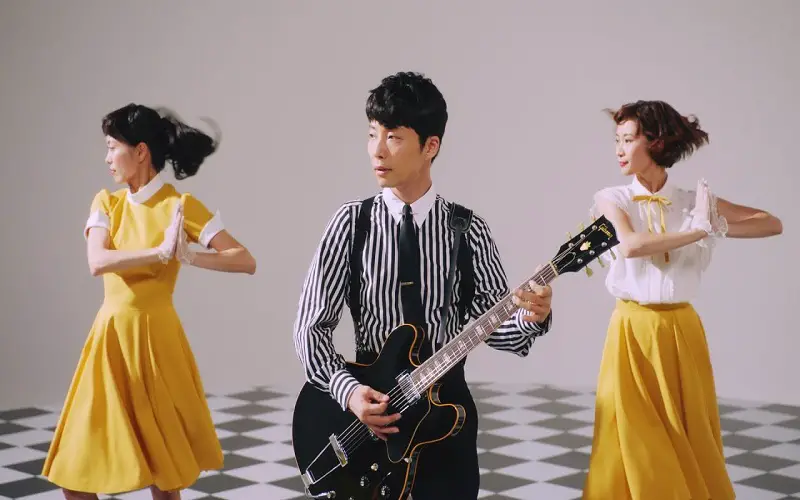
4. Ue O Muite Arukou (Sukiyaki) By Kyu Sakamoto
Ue o Muite Arukou (Sukiyaki) is one of the songs that redefined Japanese music. Released almost 70 years ago, the song was written after a student protest against the American military presence in Japan went up in smoke. The songwriter Rokusuke Ei became disheartened after the protest yielded no results but did not lose hope and penned a tale of perseverance and determination. After some relabeling and modifications, the song was re-released in America in 1963 and became the first Asian song to top the Billboard Hot 100.
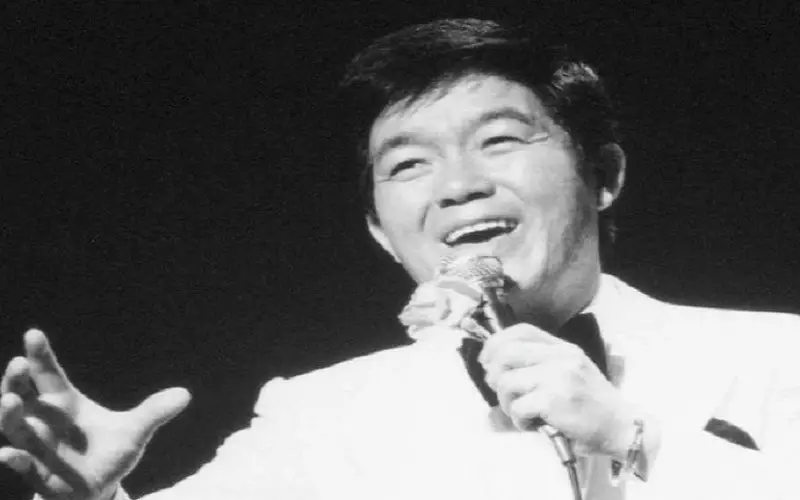
5. Kiss In The Dark By Pink Lady
The Japanese pop duo Pink Lady debuted their catchy debut song Kiss in the Dark on The Leif Garett show in 1979. The song was a bit of a letdown for the famous duo, as it was the only song of theirs that failed to enter the top 10 list in Japan. Nevertheless, Kiss in the Dark was a smashing hit internationally. The song peaked at #37 on the Billboard Top 100. On the Oricon charts, a Japan-based streaming chart, the track spent 67 weeks.
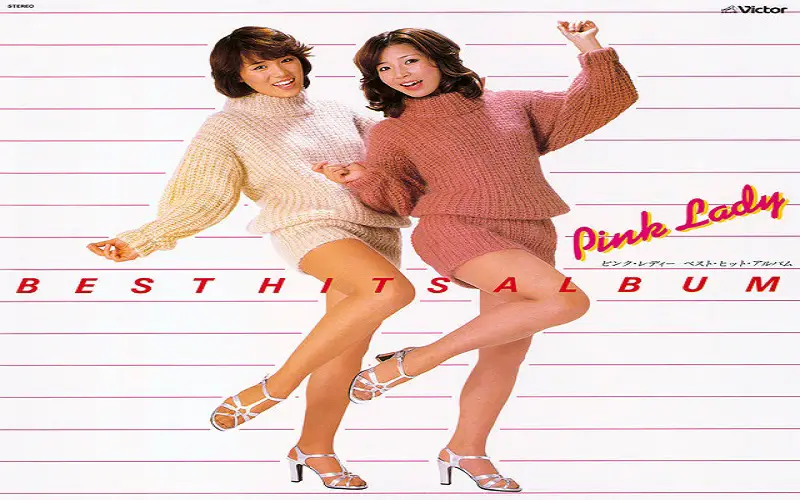
6. Soba Ni Iru Ne By Thelma Aoyama
Soba ni iru ne was a popular J-pop song that became the most downloaded song in the Japanese music industry. The track topped the prestigious Oricon Chart just two weeks after its release. Thelma went on to break more records with this song. After hitting seven million downloads by 2008, Soba ni iru ne was awarded a Guinness World Record as the best-selling download Japanese single. It remains one of the most beloved songs in Japan.

7. Love So Sweet By Arashi
Love So Sweet was the eighteenth single by the Japanese Boy band Arashi. The song served as the image song for the variety show G No Arashi in 2006. It was used as the theme song for the 2007 adolescent show Hana Yori Dango 2. The single appeared on the Japan Gold Disc Award's list of The Best 10 Singles of 2008. The track earned twenty lakhs plus copies in its first week and debuted on the Oricon Weekly Charts. Love So Sweet also earned a Double Platinum certification from the Recording Industry Association of Japan.
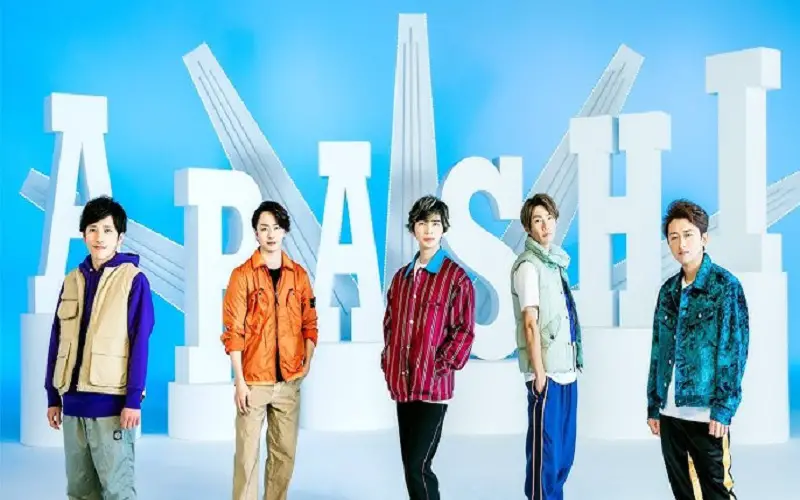
8. Gimme Chocolate!! By Babymetal
The kawaii culture of Japan is widely known. Combining the metal music genre with kawaii, Babymetal weaved a simple concept with a more profound meaning. As the title suggests, “Gimme Chocolate!!” is about wanting to eat chocolate, but the deeper meaning resonates with the fear of gaining weight by eating “unhealthy” foodstuff. The song is a gibe at the horrible dieting culture and unattainable body standards that force women, especially young girls, towards potentially harmful eating choices. The song is on-brand with the whole imagery of Babymetal, a blend of sugary pop and metal.
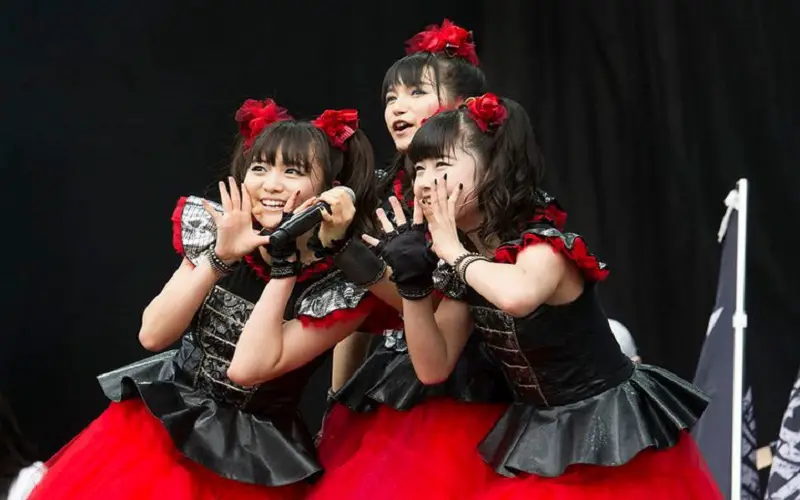
9. Gurenge & Homura By LiSA
Risa Oribe, better known by her stage name LiSa, is an artist best known for her songs featuring as theme songs in various popular animes like Fate/Zero, Sword Art Online, and Demon Slayer: Kimetsu no Yaiba. Her 2020 song Gurenge became the first song by a female artist to exceed one million downloads on Oricon’s Digital Single Ranking Chart. In contrast, Homura earned close to 194 million views with its music video. The latter also won the top prize at the 62nd Japan Record Awards, the Grand Prix Award.
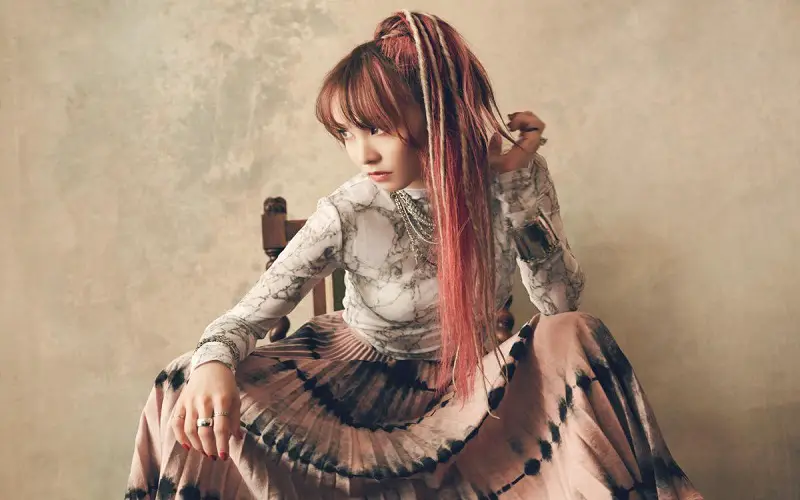
10. Jupiter By Ayaka Hirahara
Jupiter is Ayaka’s most emotionally charged song. Released in 2003, it became a rapid hit and sold a million copies before nabbing a place on the Oricon Chart. It is considered one of the most iconic tracks in the Japanese music industry , as it became the third best-selling Japanese pop song at its release.
